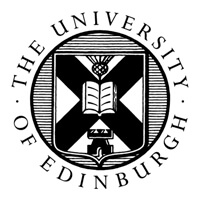fees waived
History of Art and Scottish Literature, MA (Hons)
The University of Edinburgh, United Kingdom
Ranking in UK
Fashion and Textiles
English Language and Literature
Arts and Humanities
Costs
food & rent S$18.4k / year
Entry requirements
Scholarships
Limited quantity
Information
Code
Intakes
Website (External)
Programmes
Information
Duration
2030
This joint honours programme offers equal depth in the history of art and Scottish literature. In history of art, students explore artworks from diverse periods and cultures, examining their creation, broader visual contexts, and evolving interpretations. Advanced years allow specialisation, independent research projects, a dissertation, and the option to study abroad in Year 3.Scottish literature develops critical, analytical, linguistic, and creative skills through a wide range of texts, from the late Middle Ages to the present, with emphasis on cultural contexts via poetry, drama, and prose. Based in Edinburgh—the UK's oldest literature department and a UNESCO City of Literature—the programme leverages exceptional resources and shared methodologies between disciplines. It fosters flexibility, with optional courses in early years leading to specialisation, preparing graduates for diverse careers through openness to new ideas.
A local representative of The University of Edinburgh in Singapore is available online to assist you with enquiries about this course.

